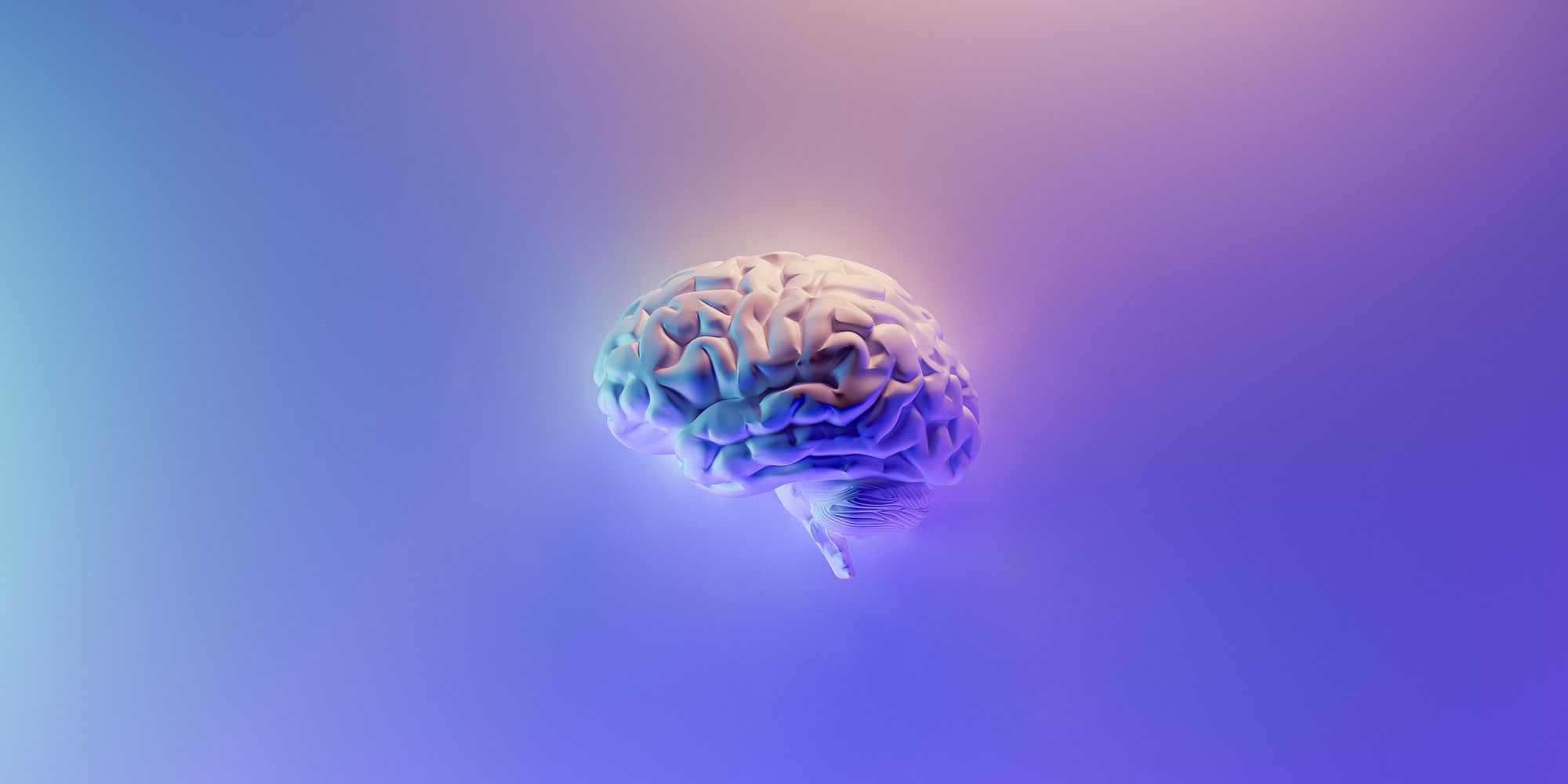Mental clarity: how to reduce brain fog
Brain fog is a cognitive state where you notice a drop in mental clarity.
Brain fog is a term used to describe a cognitive state where an individual experiences a drop in mental clarity. It is not a formal medical condition or diagnosis, but rather a symptom that can result from various factors such as lack of sleep, poor lifestyle habits, exposure to stress, and struggles with mental health, among others. Brain fog can significantly affect an individual's productivity and day-to-day functioning, making it essential to find ways to address it.
If you have ever experienced brain fog, you may notice that your brain feels cloudy and that it is generally hard to think clearly. Other symptoms that you might experience include confusion, memory loss, difficulty following conversations, trouble focusing, difficulty retaining information, headaches, fatigue, and mood swings.
Fortunately, there are various easy lifestyle modifications that you can make to address brain fog. The following are some of the best strategies that you can use to improve your mental clarity:
Get Some Exercise
Physical activity carries numerous benefits that can bolster your brain health and provide relief from brain fog. Exercise prompts your brain to release chemicals that have a positive impact on your mood, which can improve your mental health and help relieve brain fog symptoms such as mood swings and trouble with focus.
Exercise also encourages the growth of new neural blood vessels, which increases blood flow to your brain and may improve your energy levels to help combat mental fatigue. Furthermore, exercise stimulates the areas of your brain responsible for thinking and memory, which can help fight symptoms of brain fog such as trouble with focus, retention, and recall.
Staying physically active does not have to be an intense routine; gentle walks or relaxing yoga are great forms of exercise that can improve mental clarity. Additionally, finding an exercise buddy or a group fitness class can help you stay motivated and make exercise more enjoyable.
Support Your Sleep
Sleep is a valuable time for your brain to rest and recharge. A lack of sleep leaves you feeling both physically and mentally exhausted. Just as your body does not perform well when you feel physically tired or sick, your brain will not perform well when you experience cognitive exhaustion.
When you don't get enough hours of sleep, or the quality of your sleep is poor, you can be more susceptible to problems with recall, focus, and memory. It is essential to prioritize sleep and establish good sleep hygiene practices to help you achieve better sleep quality. These practices may include creating a bedtime routine, avoiding caffeine and alcohol, and limiting your screen time before bed.
Manage Stress
Short-term stress is a natural part of life. However, when it turns into chronic stress, symptoms such as brain fog can result. Stress influences your nervous system to raise your cortisol levels, which can leave you feeling mentally fatigued. This mental exhaustion may affect your brain function and make it more difficult to reason, concentrate, and recall things.
To manage stress, it is essential to identify your stressors and develop strategies to cope with them. You may consider practicing mindfulness meditation, deep breathing exercises, yoga, or engaging in other relaxation techniques. Additionally, seeking support from friends, family, or a mental health professional can help you cope with stress and reduce its impact on your mental clarity.
Plan Your Day and Prioritize Tasks
When you approach the day with a well-thought-out plan, you set yourself up for smoother transitions between tasks. You might find it helpful to sit down the night beforehand and make yourself a list of all the things you would like to accomplish the next day. With that list, consider circling priority items or putting them as the first items on the to-do list.
These organization techniques can make it easier to focus on what you need to get done and can also help you remember everything you need to do since you just wrote it down for yourself! Even a little bit of planning can go a long way!
Maintain a Balanced Diet
A well-balanced diet plays a huge role in your mental state and your mental well-being. If you do not eat healthily, both your physical and mental energy levels can drop. Your brain does not receive the proper fuel to sustain cognitive functioning, and you can experience side effects such as mental fog.
Pay attention to what you eat and when you eat — if you notice you tend to eat lots of refined carbs and sugars, or that there are often extremely long gaps in between your meals, it may be time to give your eating habits an upgrade. Aim for three well-balanced meals every day, with a small snack between each meal.
Maintaining a diet rich in fruits and vegetables, whole grains, lean proteins, nuts, and seeds can help you stay on top of your intake of crucial vitamins and minerals.
In conclusion, sleep plays a crucial role in maintaining our physical and mental health, and neglecting it can have serious consequences. To ensure that we get adequate and restful sleep, we should establish healthy sleep habits, such as sticking to a regular sleep schedule, creating a conducive sleep environment, and avoiding stimulants before bedtime. We should also pay attention to our sleep quality and seek professional help if we experience persistent sleep problems. By prioritizing sleep, we can improve our overall well-being and enjoy a more fulfilling life.
Sources:
Caught in the thickness of brain fog: exploring the cognitive symptoms of Chronic Fatigue Syndrome | Integrative Physiology
Brain Fog: A Bit of Clarity Regarding Etiology, Prognosis, and Treatment | Journal of Psychosocial Nursing and Mental Health Services
STRESS RELIEF: The Role of Exercise in Stress Management | ACSM's Health & Fitness Journal


